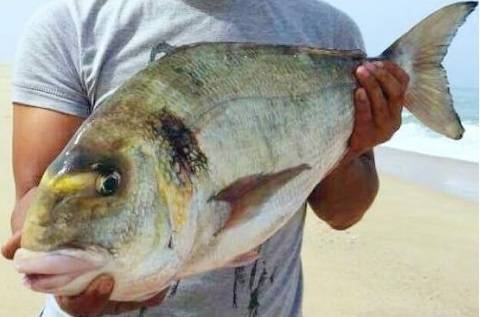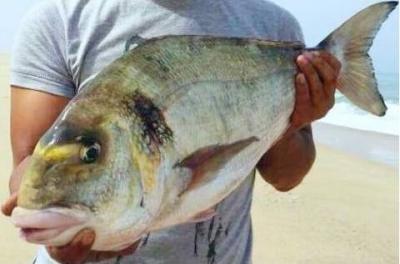Researchers indicate that fish biodiversity in freshwater systems, such as lakes and rivers, has been declining since the onset of the Industrial Revolution. This decline has reached a point where they now estimate that human activities have severely affected fish biodiversity in more than half of the rivers worldwide. The rivers and lakes on our planet are home to nearly 18,000 species of fish, despite covering less than 1% of the Earth's surface.
Sebastian Bros and his colleagues from the Paul Sabatier University in Toulouse, France, have been gathering data from 2,456 rivers around the globe for over a decade for their relevant studies. These rivers host over 14,000 species of fish, representing more than 80% of the world's freshwater fish. Bros and his team created an index to measure changes in fish biodiversity in these rivers and how they have been impacted by human activity. Previous biodiversity assessments typically evaluated the number of different species in a specific ecosystem, whereas the new index measures each fish species' functionality and their evolutionary relationships as well.
Using these metrics, each river was assigned a score ranging from 0 to 12. The researchers found that as the score increased, so did the change in biodiversity due to human impact. They discovered that 53% of the rivers received scores higher than 6, indicating that fish biodiversity has been significantly affected by human activities, particularly after the Industrial Revolution. Unsurprisingly, these sites were mostly located in high-income countries, such as Western Europe and North America, where rivers are heavily influenced by human activities. About 14% of the rivers in the study were slightly affected by human activity but provided habitat for only five freshwater fish species worldwide.
Bros added that the least affected rivers by human activities are in Africa and Australia, possibly due to slower rates of industrialization in Africa and lower population density around rivers in Australia. He noted that rivers surrounded by forms of economic development, like the Mississippi River, are among the most impacted. Besides overfishing and climate change, dams are particularly detrimental to freshwater biodiversity as they reduce nutrient flow and obstruct migrating fish. Moreover, Richard York from the University of Oregon stated that preserving fish biodiversity is essential for many communities that rely heavily on fish consumption. He elaborated, "In Cambodia, for example, the population obtains 60% of their protein from freshwater fish."




